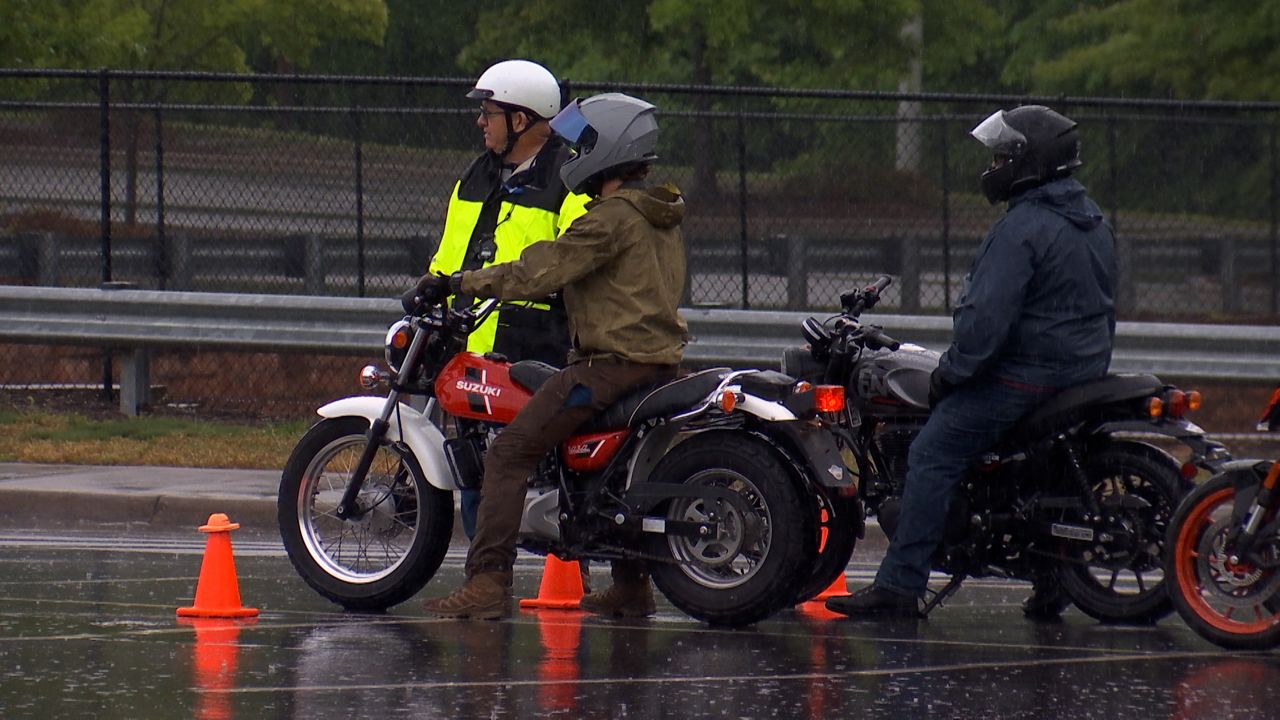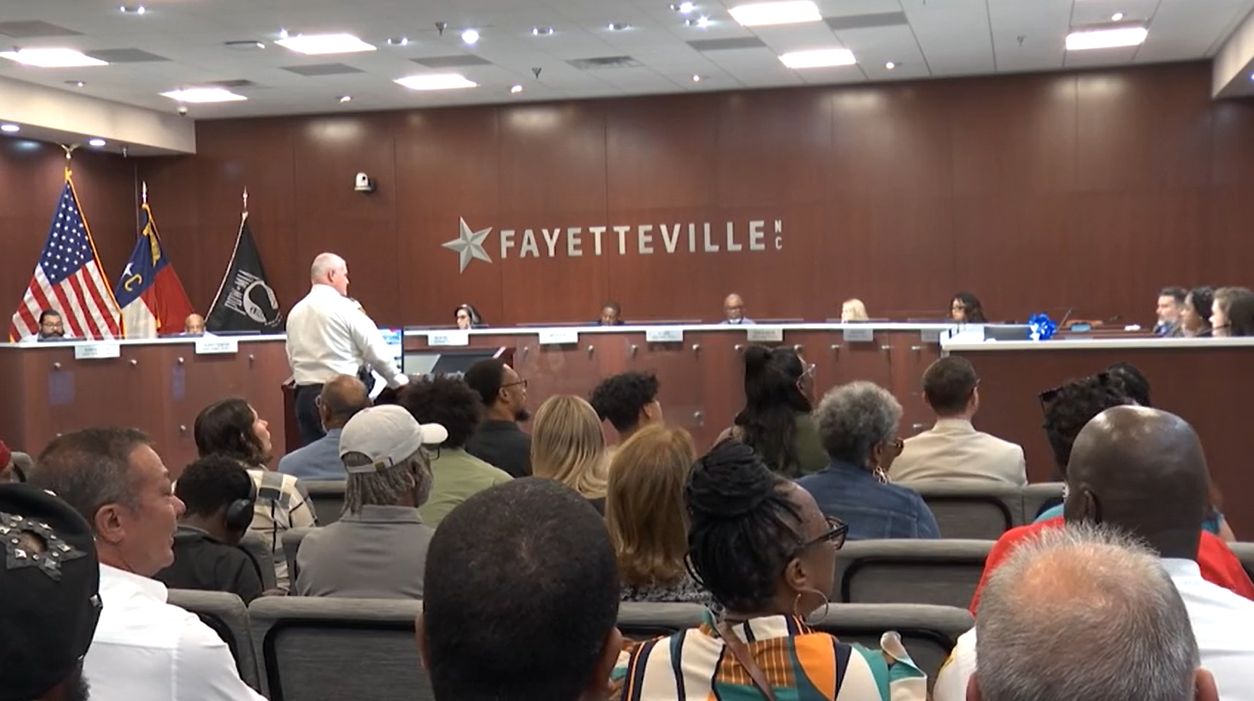DAVIDSON, N.C. — If you ever thought, “I’d never use my middle school algebra," think again.
Dr. Tim Chartier, the Joseph R. Morton professor of mathematics and computer science at Davidson College, is showing people ways you can use it — and it can come in handy for March Madness.
What You Need To Know
- A Davidson professor can help create a more accurate NCAA Tournament bracket
- Dr. Tim Chartier calls it “March Mathness”
- You can test it out online
“This is something people recognize, not always with fondness,” he said referencing a linear equation. “The question is what are the unknowns, what are x and y that make both of these equations true at the same time."
He’s using these equations, though on a much higher level, to create NCAA Tournament brackets that more accurately predict winners.
He calls it “March Mathness.”
"It turns out for March Madness, we're not asking for two numbers, we're asking for 350, so what 350 numbers make 350 equations true at the same time,” he said.
Davidson College’s basketball program may be synonymous with Steph Curry, the now NBA All-Star and champion who played there, but Chartier has added himself to the reasons to look towards the school for basketball, as he’s even been interviewed by the New York Times for these methods.
He says it all started in 2009 when he was doing ranking research.
“We created new ranking methods based on football ranking and the ideas that we put in there, it will produce a ranking, but is it any good?” he said. “And my collaborator Dr. Amy Langville at the College of Charleston, who played college basketball, went, 'we can create brackets out of this.'”
They each created brackets using different methods, submitted it to ESPN and one of those entries beat 97% of more than 4 million brackets entered.
“We just would have been happy with 60%,” said Chartier. “Because that, you know, we are just using math, we’re not using, well what all are you using, injury? Are you using shooting percentage? No, no, probably no to a lot of things. It’s literally date of the game, who played who, home and away and score and that’s it. But with that clean information it’s able to actually derive a lot of information about the teams."
He now integrates this method into his classes where he can.
“I have a Ph.D. in applied math, so as much as I can, I like to show people where the math they learn is used,” he said.
That’s where Davidson student David Hilton first learned the method.
The junior math major and computer science minor says while he doesn’t believe you could ever create a perfect bracket, but you can come pretty close.
“That doesn’t mean it’s not fun and that doesn’t mean it’s not worth it to try,” said Hilton.
You can test out different methods through the March Mathness website, operated by Davidson.










